Unlock the Editor’s Digest for free
Roula Khalaf, Editor of the FT, selects her favourite stories in this weekly newsletter.
In Shanghai, where much of the retail experience revolves around futuristic architecture and viral collectables, Maison Dongliang offers a counterpoint. Housed in a red-roofed villa in the city’s desirable Changning district, the mix of homewares, beauty and fashion from Chinese and international designers encourages slow browsing. A visit feels less like being peddled merchandise and more like touring a house-museum.
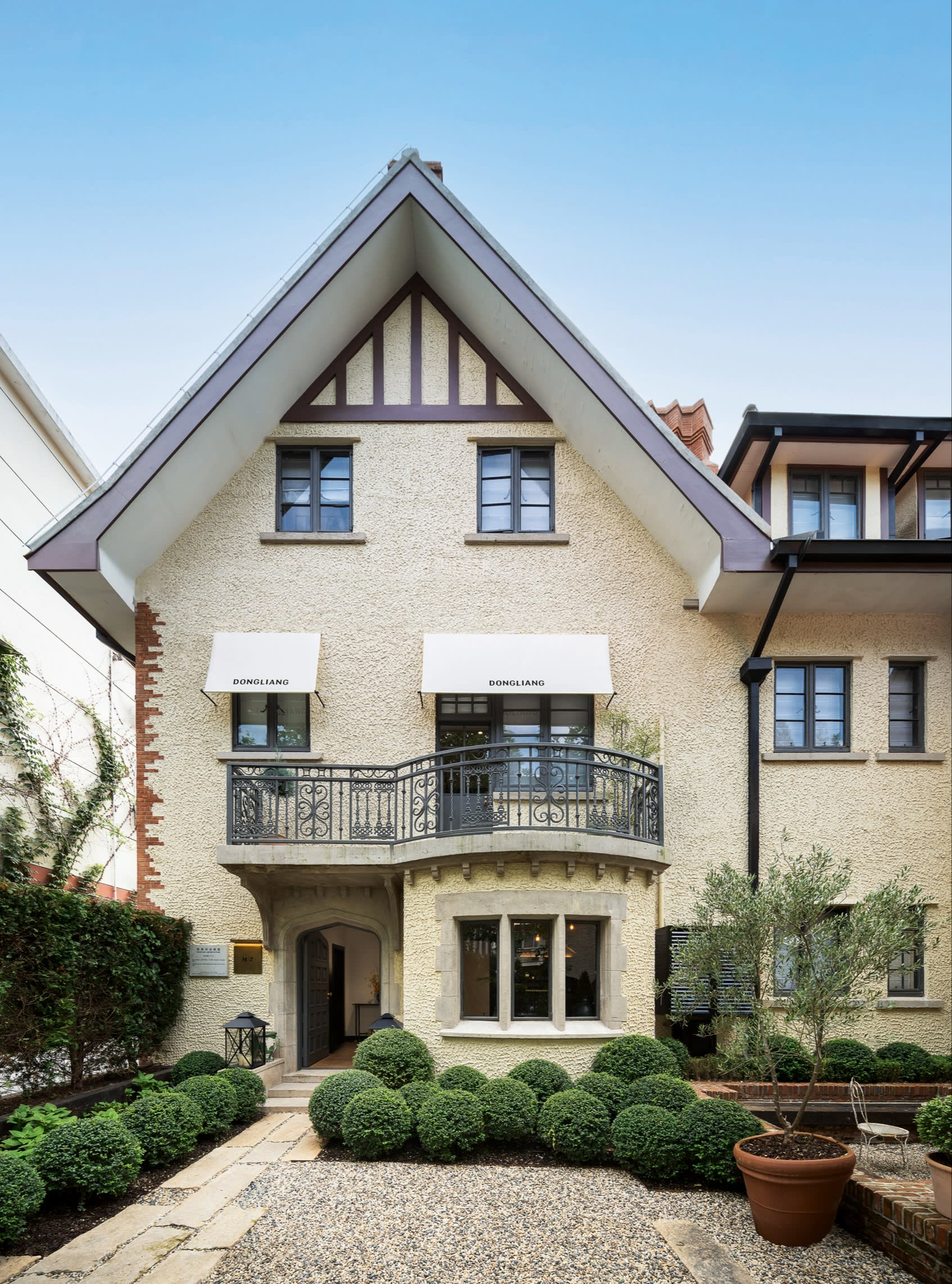
Dongliang was opened as a multi-brand luxury shop in Beijing in 2009 by three young Chinese entrepreneurs whose initial goal was to spotlight homegrown design. The trio disbanded in 2015, with two leaving to focus on Chinese design incubator Labelhood, and one, Charles Wang, homing in on his east-meets-west mix for Dongliang. Stores in Shenzhen, Guangzhou, and Aranya followed, and last year, Wang and his partner Daniel Du opened a new shop in Shanghai, with a vision for a more avant-garde fashion store, called Maison Dongliang.
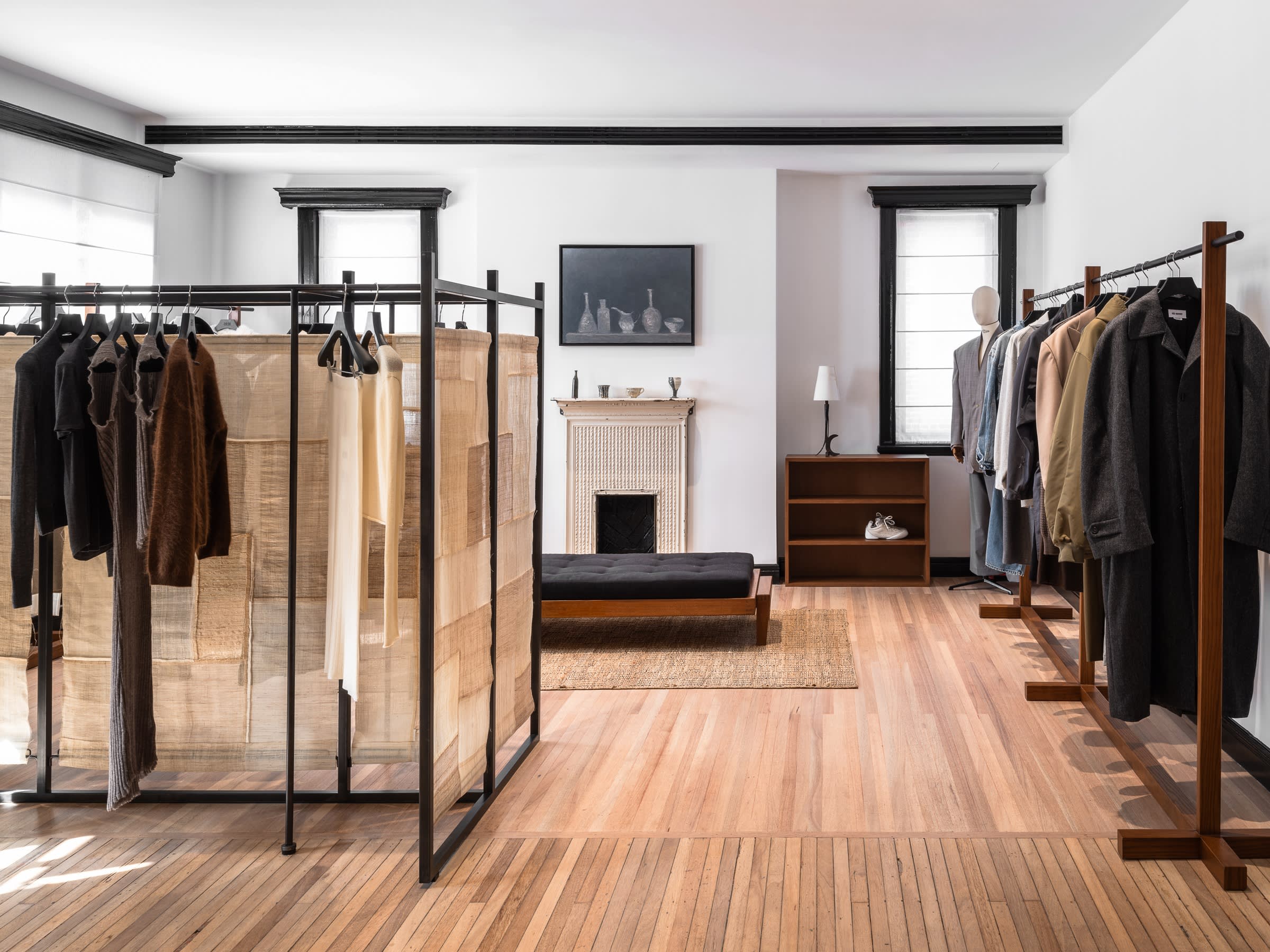
Wang and Du knew a residential property would make a refreshing departure from the city’s thronged commercial thoroughfares. The 700sq m villa, built by a British family 100 years ago, was ideal, with its large Mediterranean-style garden that allowed light to flood the store. The duo have taken inspiration from French interior designer Jean-Michel Frank and Taiwanese-American interior designer Tony Chi and contrasted antique Chinese furniture with pieces by Pierre Jeanneret and Charlotte Perriand. The result feels a bit Parisian, at times Tuscan, yet wholly Shanghainese; an encapsulation of “Haipai”, the 20th-century Shanghai culture that blended Chinese and western style.
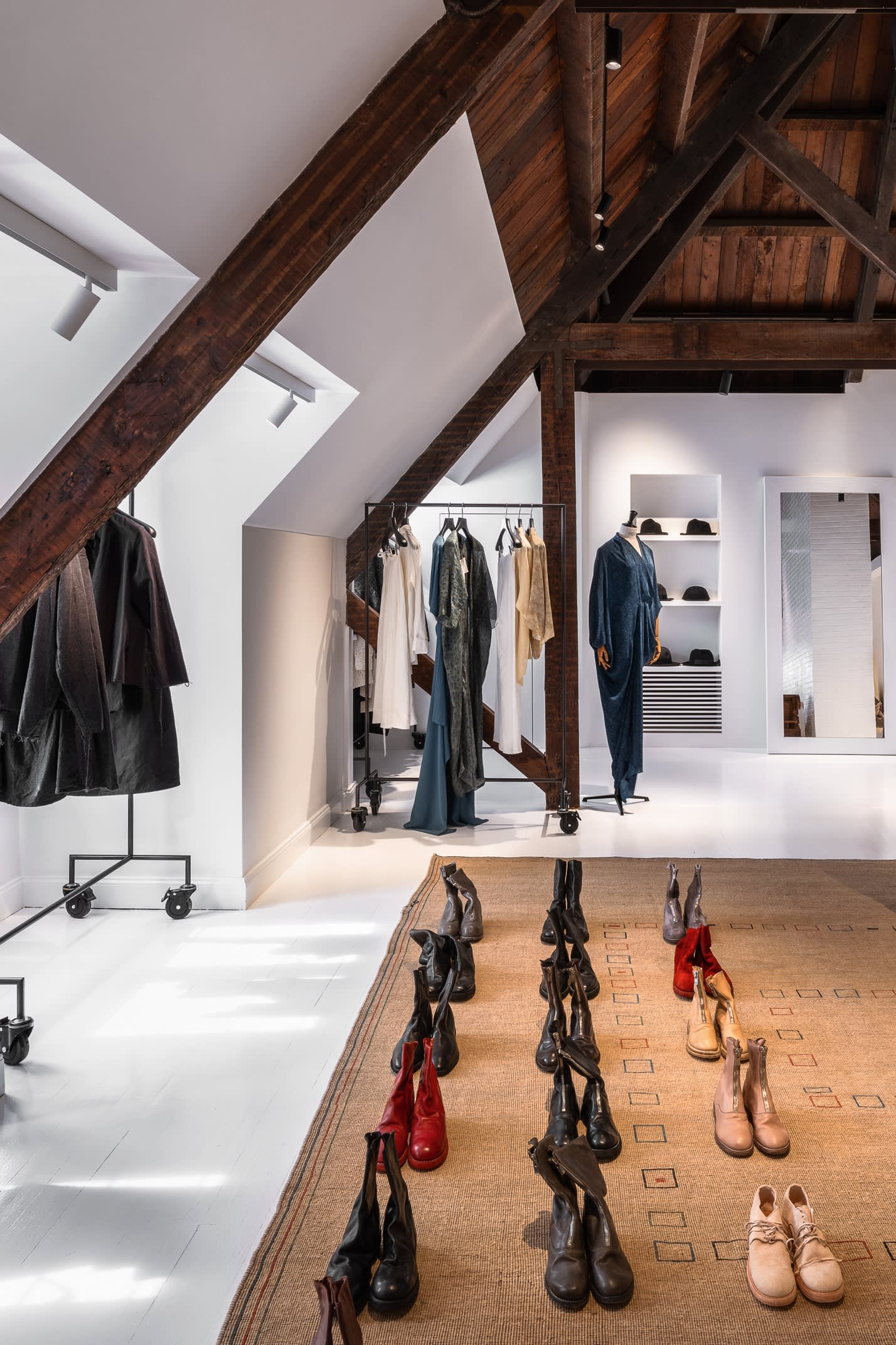
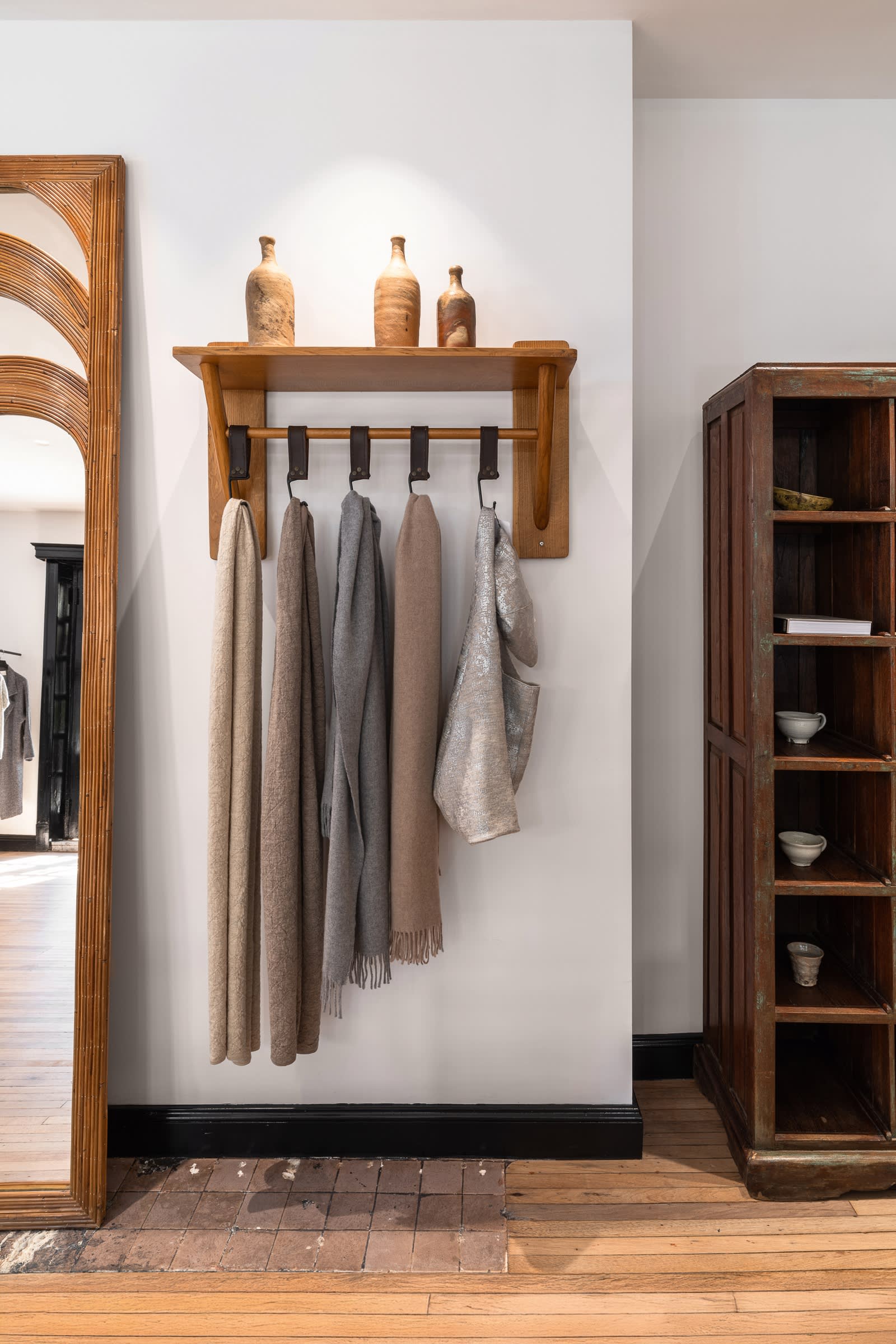
Dongliang’s Shanghai home is stocked with a confident blend of pieces from designers local and global. Wang was among the first to carry Parisian brand Lemaire in China; you’ll find it sharing the villa with The Row (which occupies an entire room), Alaïa, Our Legacy, cult ceramic maker Astier de Villatte and up-and-coming Chinese names Junwei Lin and Structura. New-in-store items include Phoebe Philo’s sculptural Tilt Mule 60; Dries Van Noten’s powder-blue pony-hair loafers and Alaïa’s tiered spiral skirt. One can also browse niche beauty and homeware offerings, such as Perfumer H’s unisex scents (from Rmb1,300 – about £134 – for 50ml), Ann Demeulemeester’s Serax tableware (from about £14.50) and Chinese ceramicist Jingwen Wu’s earthily textured vases (about £832 to £3,710).
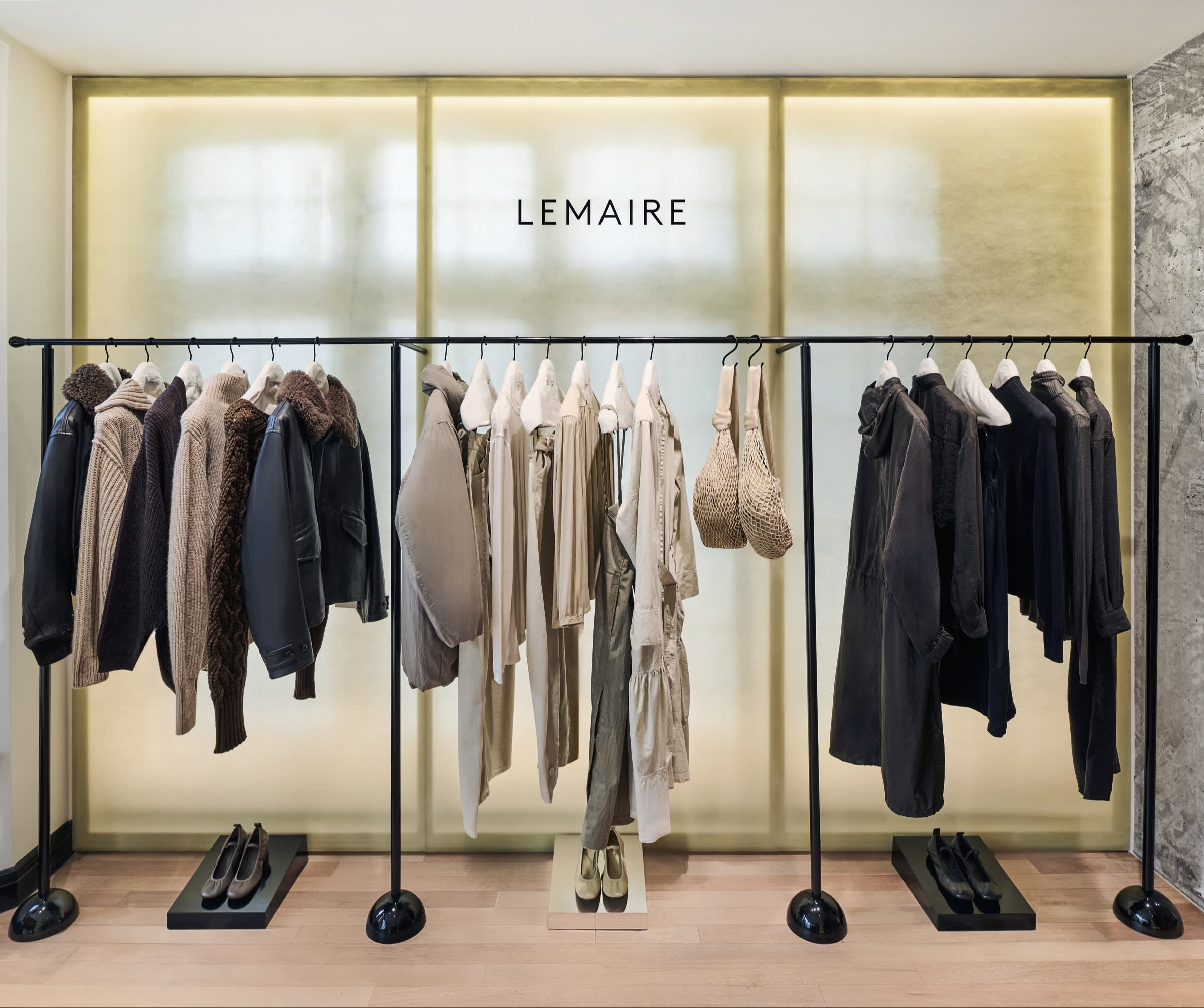
“In China, people really, really love fashion. They follow trends and want to dress beautifully,” says Wang. Shanghai is where this enthusiasm reaches its peak. “Compared to Beijing and Shenzhen, where people tend to think about cost per wear and what would work in an office setting, Shanghai shoppers will take something new and interesting.” It’s why Dongliang’s Shanghai shop carries the most menswear, as well as relatively under-the-radar brands like Casey Casey and Gabriela Coll Garments.
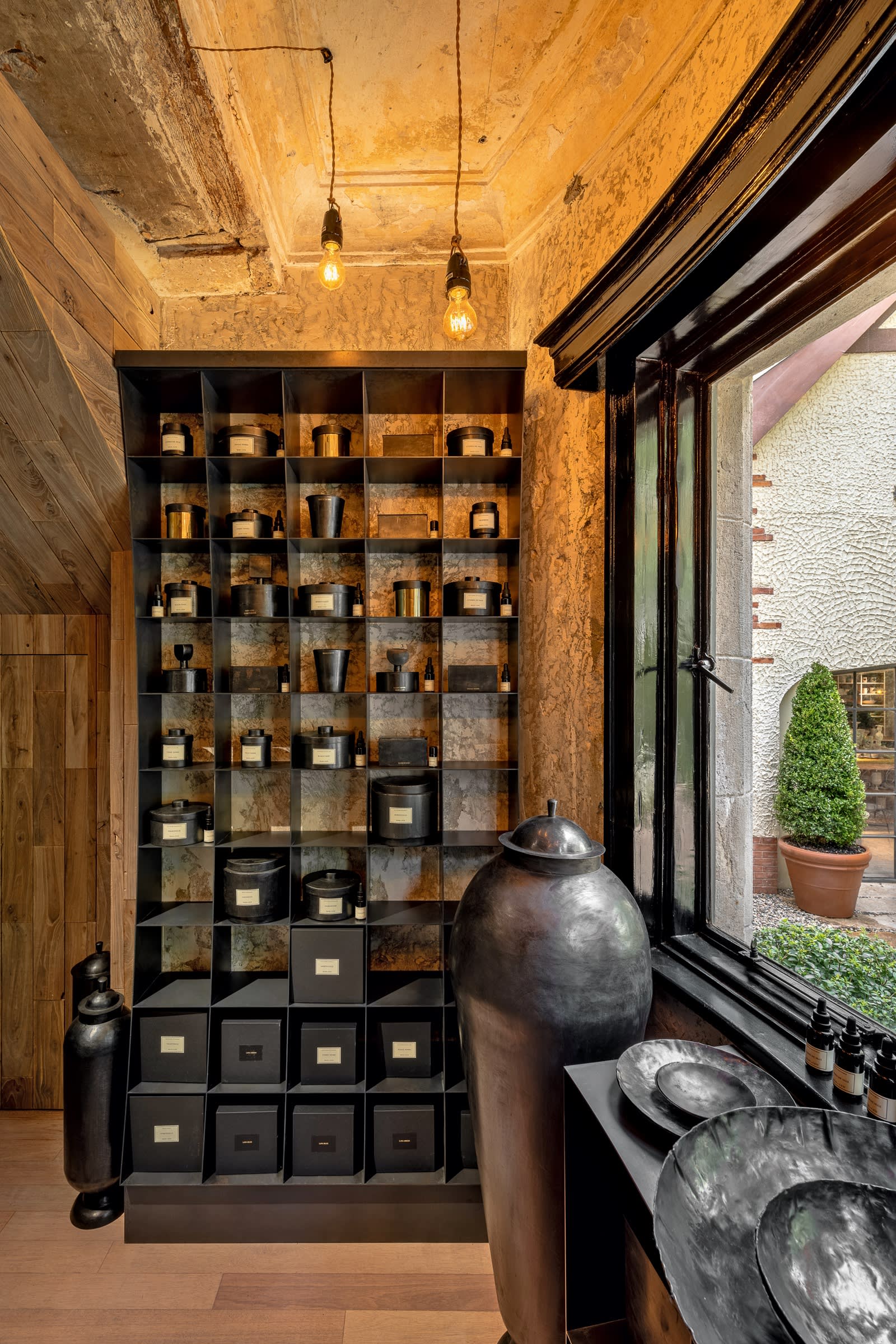
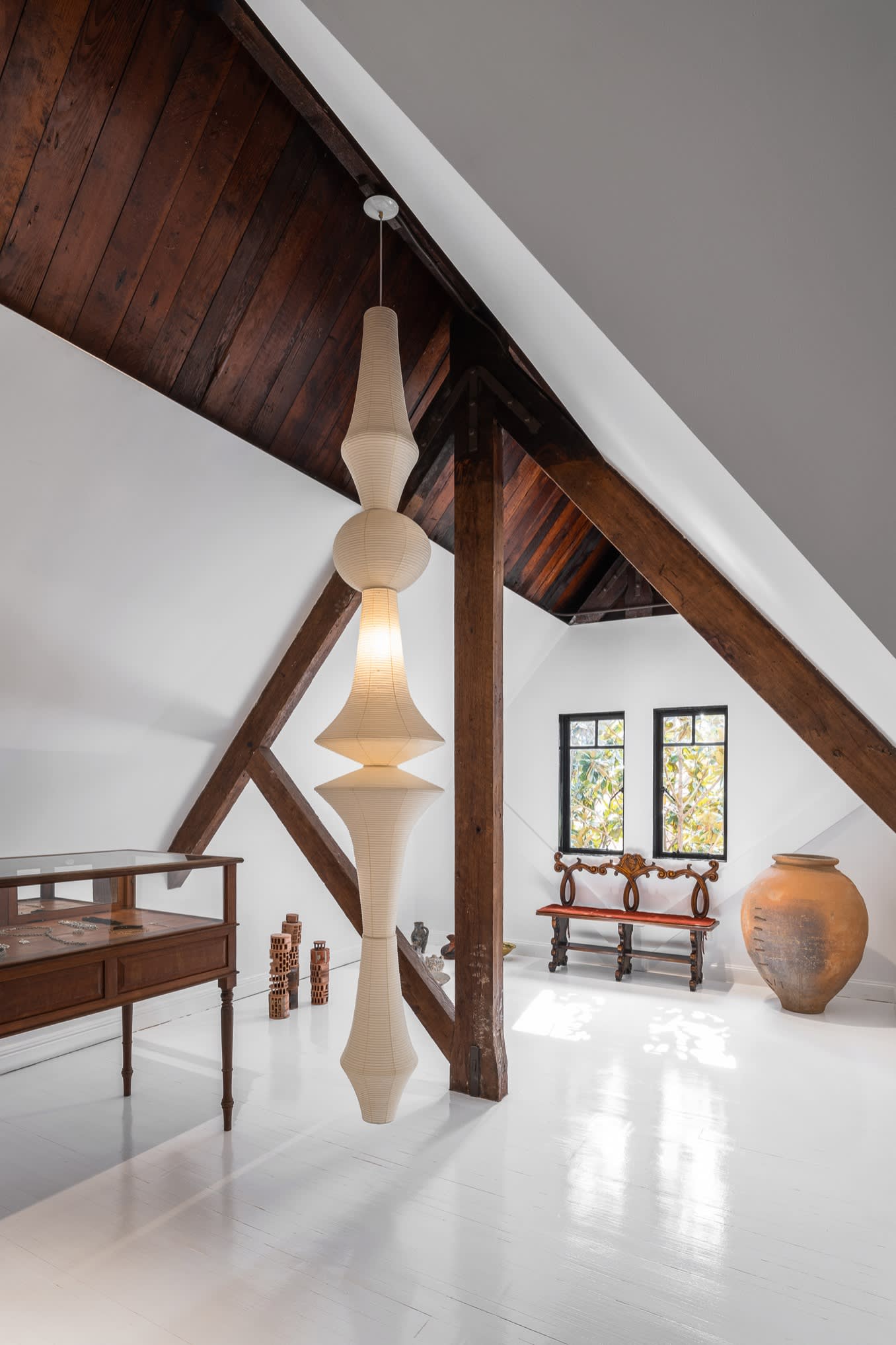
True to Wang’s vision, shoppers have been making themselves at home. The singer and actor Faye Wong has been known to bring friends to Maison Dongliang and browse for hours. It’s soon to become even more comfortable; Wang is working on renovations to transform an adjacent villa on the property into a space for Phoebe Philo, Alaïa, and Tibetan brand Norlha, as well as a teahouse and flower shop. His team are also working on a gallery space in the city, and a boutique hotel near Guangzhou. While Wang says his focus will remain on fashion, he hopes Maison Dongliang’s lifestyle offering will set it apart. “They don’t have to buy fashion,” he says of his clientele. “If they want to come here to look at the place and have tea, have coffee, and buy some beautiful flowers and take them home, I want to make space for that.”
Maison Dongliang, No 174 Villa, Wuyi Road, Changning District, Shanghai; @dongliang_official

